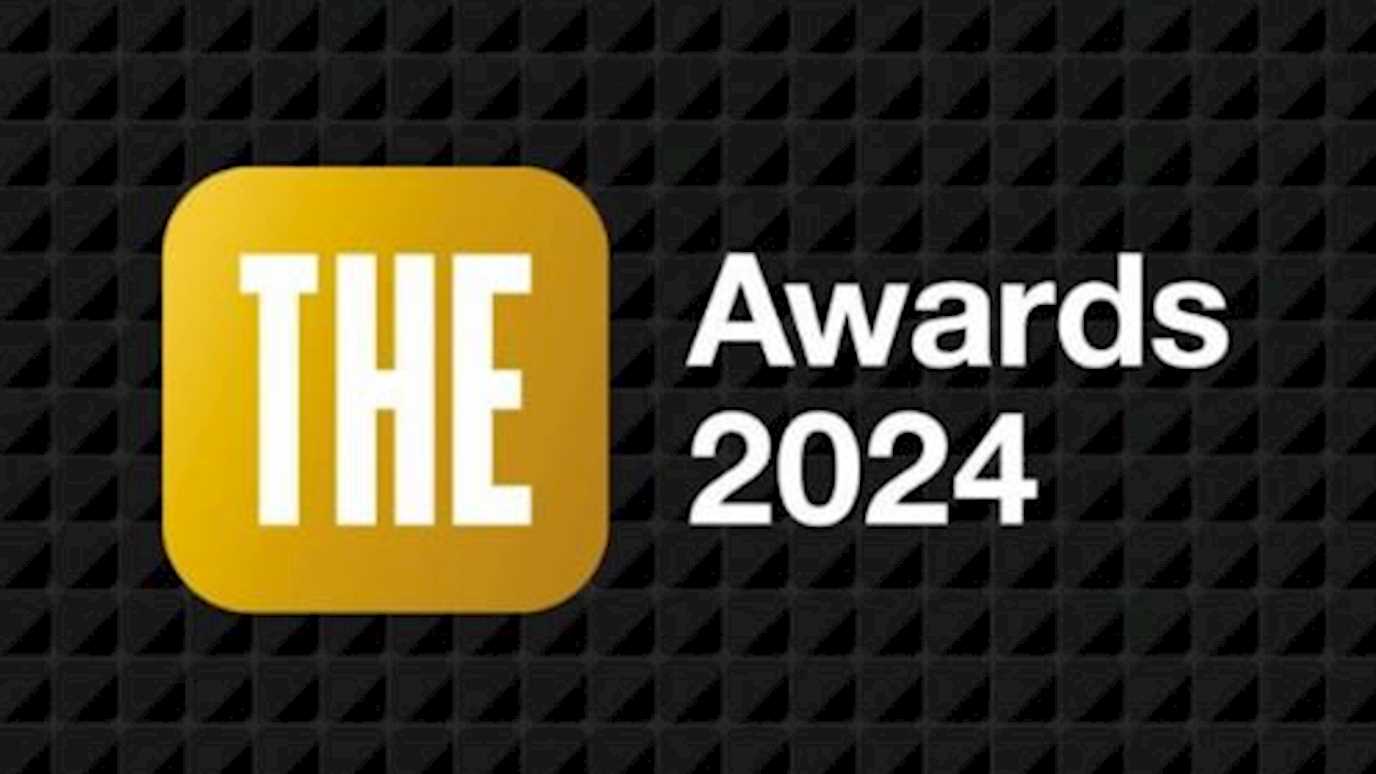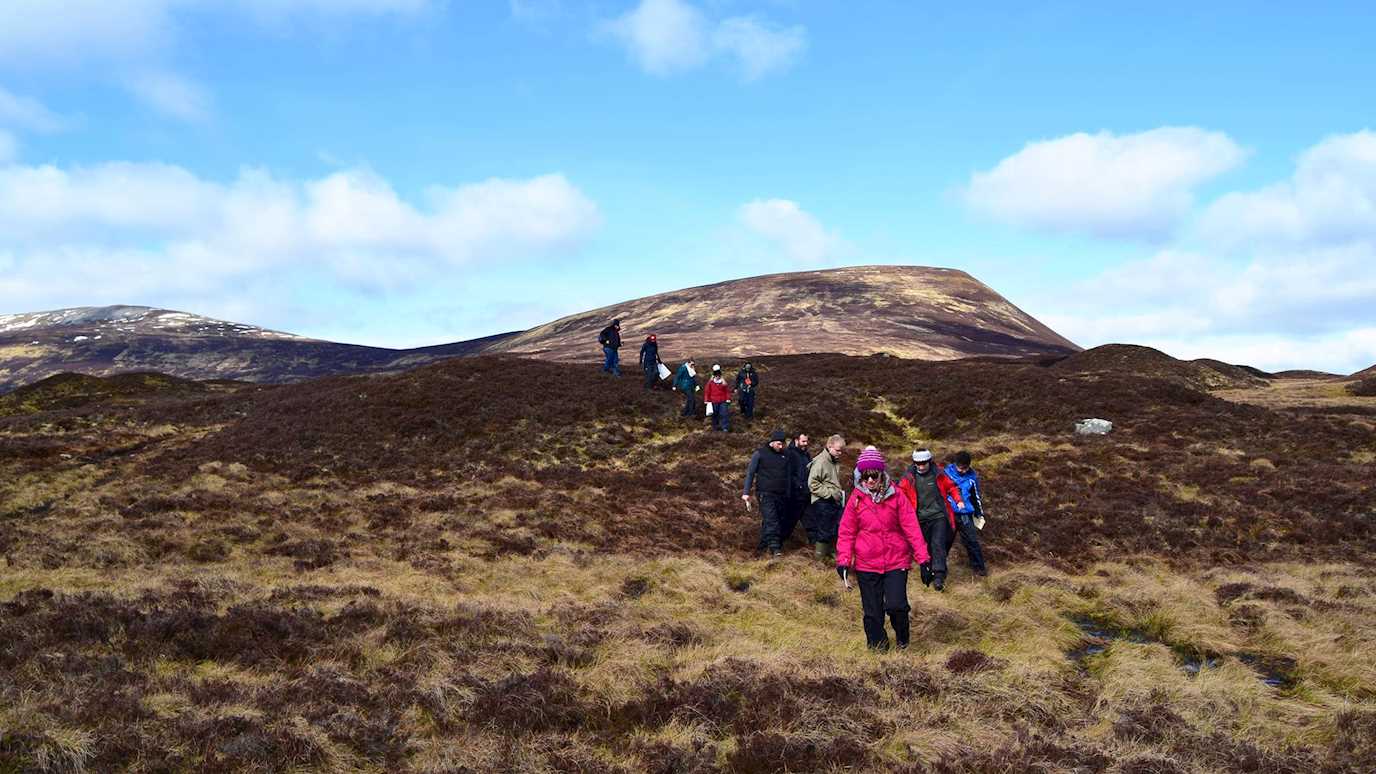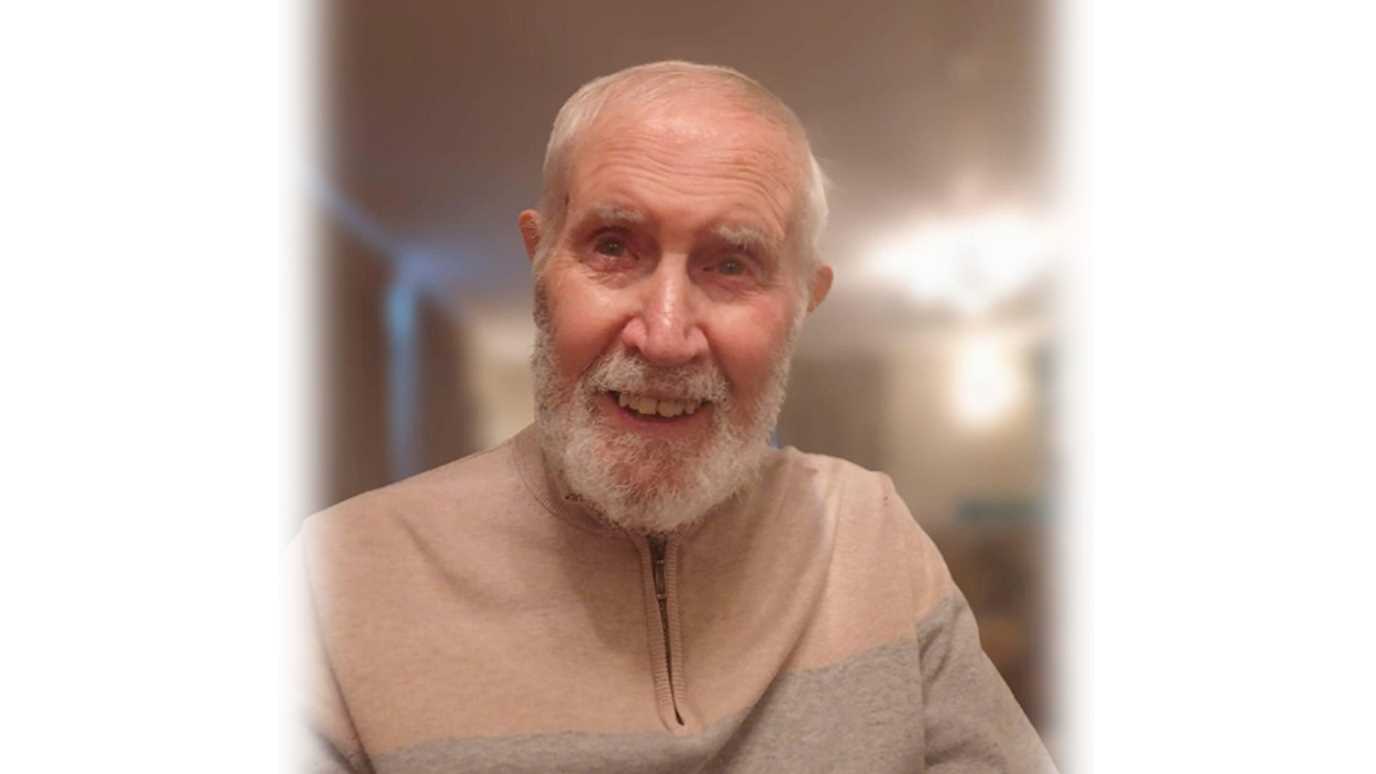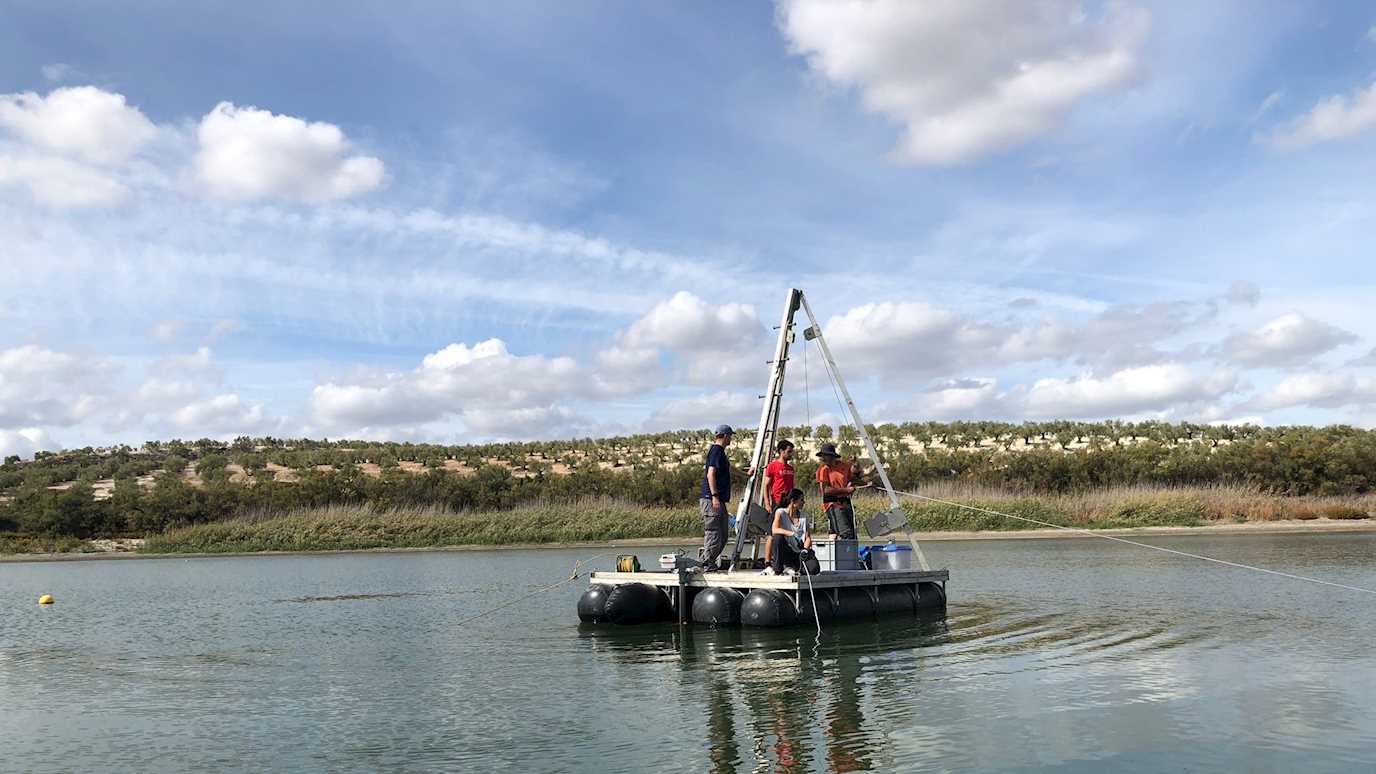Leverhulme Centre for Wildfires, Environment and Society and Royal Holloway Scholarship
Project title: An analysis of the impact of climate change on traditional fire knowledge
Department of Geography, Royal Holloway, University of London.
The studentship will be supervised by Dr Daniele Colombaroli and Professor Jay Mistry, Co-Director of the Leverhulme Centre for Wildfires, Environment and Society and, both in the Department of Geography.
It will be funded at £18,062 stipend per annum including London allowance (rising in line with annual increments), with UK fees paid for four years full-time equivalent. Candidates outside the UK will need to top-up the tuition fees to the international fees for four years full-time equivalent. Eligible EU students starting will be awarded a fee reduction scholarship equivalent to 60% of the difference between the UK and international fee. There will be support funding for fieldwork and conference attendance. The studentship is available from September 2022, or as soon as possible thereafter.
The Studentship:
This is a project at the interface between physical geography and participatory work. It combines multi-annual to centennial climate changes inferred from natural archives and participatory methods to assess how people experience climate change/climate impacts and how they have responded in terms of fire use and management. Traditional knowledge is adapted over time through everyday life experiences of repetition, learning and experimentation, and is therefore not static but constantly changing. There is a lack of information about how this knowledge is adapted to local environmental changes following both short and long-term climate variability. Histories of colonisation over the last centuries together with rapidly changing environmental conditions (including extreme climate events and wildfires) have affected the way people experience climate change/climate events and how they have responded/adapted.
This project will investigate how fire knowledge is transmitted and is able to adapt to short/long term climate variability as evidenced in proxy records from terrestrial archives, such as lake sediments or peat bogs. It will look at the shared or social memory of environmental change, fire occurrence and how that adapts and evolves in response to a dynamic climate change context. The project may involve a mixture of data collection techniques including palaeoclimate proxies, participatory methods, interviews, archival work, and remote sensing. The spatial scale and geographic location of the research is open to the student.
The student will be part of the Department of Geography’s Centre for Quaternary Research (CQR) and the Geopolitics, Development, Security and Justice (GDSJ) Research Group. The CQR aims to understand environmental, human and biotic responses to past climate changes, and their relevance in an anthropogenically warmed world. The GDSJ group works on issues of mobility, security, governance, justice and rights across political, development, environmental and social geography, both in and across the Global North and Global South including the UK and Overseas Territories, the Arctic and Antarctica, South and Southeast Asia, and Latin America. The student will be also supported by scholars working in the Leverhulme Centre for Wildfires, Environment and Society (https://centreforwildfires.org) established in 2019. The Centre is comprised of social and natural scientists from Imperial College, Kings College, Royal Holloway and University of Reading, working together to create a new, integrative science of wildfire. The aim of the Centre is: to understand what factors govern wildfire regimes, including the sources, frequency, intensity, timing, and spatial pattern of fire; develop ways of predicting fire risks that include new biophysical understanding and account more reflexively for human-environment dynamics; quantify the impacts of fire on natural processes and human systems, including assessing their economic consequences and wider cultural meanings; and develop ideas for living with fire. The student will be also part of the PAGES DiverseK working group (https://pastglobalchanges.org/science/wg/diversek/intro) a network of environmental and social scientists working to develop recommendations for the most pressing environmental and social justice issues. The student will therefore join a vibrant interdisciplinary research community with a joint vision of producing evidence-based understanding of the human-fire nexus that can help inform policy and practice.
The supervisors:
Dr Daniele Colombaroli’s research interests are in biogeography, fire ecology and long-term ecology, including tropical palaeoecology and dendroclimatology. His research projects have examined species and community responses to climate variability, the role of fire in the Anthropocene, and the origin of "iconic" cultural landscapes. His work is oriented towards the applications of long-term ecological data for forest management and biodiversity conservation.
Prof Mistry’s research lies in environmental management and governance. The central concept running through her work is that environmental management and governance should not be top-down implementation of external expertise, but must involve active local participation building upon local and Indigenous knowledges and practices. Her work converges environmental and social science methods, within a framework of participatory action research using participatory methods. She has long-term research experience of fire management and collaborations with Indigenous communities in Guyana, Brazil and Venezuela.
How to apply:
The applicant will have a good undergraduate degree in geography, environmental sciences or an allied field. They will either have, or be working towards, a masters or equivalent. Demonstrated experience with proxy-based climate reconstructions and/or community engagement, writing to high standards, and a willingness to work in interdisciplinary teams is essential. A background experience with quantitative and qualitative data analyses, is an advantage.
Applicants should submit:
i) A CV (max 2 sides) including details of two academic references
ii) A cover letter outlining their qualifications and interest in the studentship (max 2 sides)
iii) A sample of written work up to 2000 words
These should be sent by email Daniele.Colombaroli@rhul.ac.uk and to j.mistry@rhul.ac.uk by 28/05/2022. Interviews will take place in June 2022.
For further information on the project, please contact Daniele Colombaroli (Daniele.Colombaroli@rhul.ac.uk) or Jay Mistry (j.mistry@rhul.ac.uk).
























